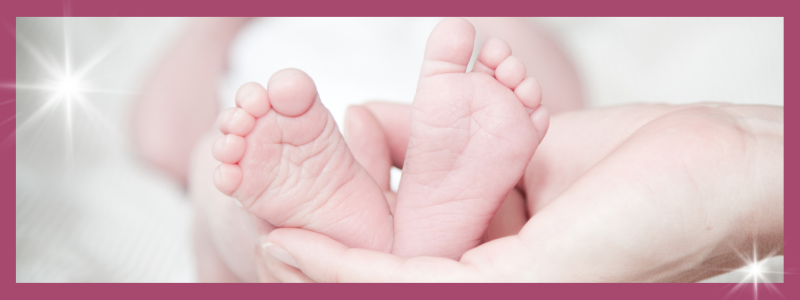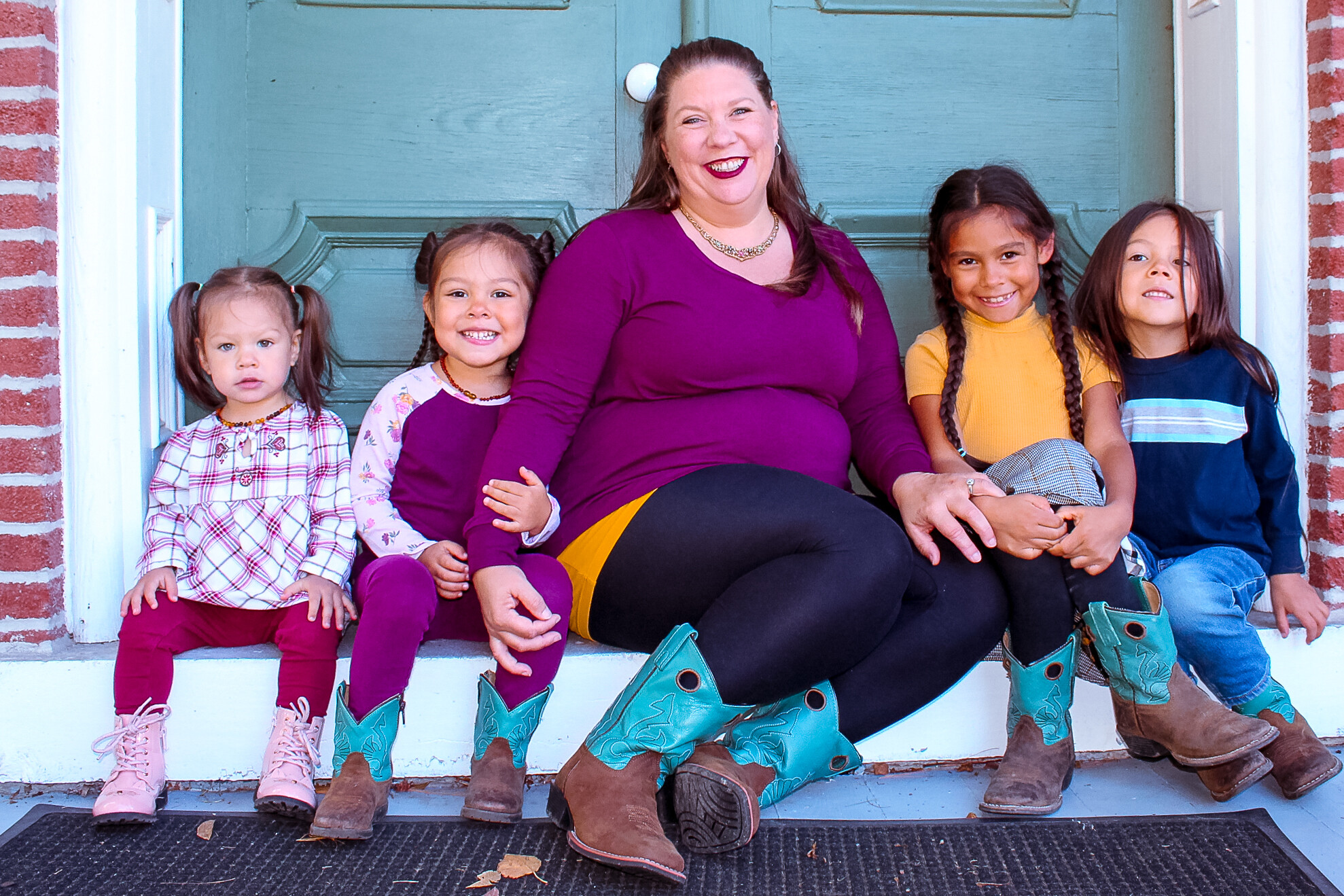
Have you heard people talk about consuming their placenta or having it encapsulated and thought……
What is that and WHY would you do that?
I too was surprised when I was introduced to this relatively new trend of women having their placenta processed for consumption during their postpartum recovery. Like me, you may be wondering what that looks like or even what possible benefits it may have for you as you adjust to having your new baby.
There are so many shifts that happen in those first weeks, too many to even begin to list them all really!
But……...did you know that your body starts to reset your hormones to non-pregnancy levels within 24 hours of giving birth?!?! That is crazy right?
I mean, doesn’t it make sense why so many women feel out of sorts and have trouble adjusting? Your bodies are working so hard to get back to a normal hormone load and then there are the sleepless nights, and exhaustion from feeding, changing, and snuggling your new baby that you are basically surviving a battle of the wills within your own body.
So what are the benefits of consuming your placenta?
Well, this is actually pretty interesting, I promise.
While your body is dumping hormones to get back to it’s non-pregnancy state, your placenta is thought to retain some of those hormones and many necessary nutrients that can be a catalyst to regulating smoother and, yes, faster.
Consuming your placenta may help increase energy, increase healing, help with your milk supply, reduce bleeding, help your uterus return to it’s non-pregnancy state faster. There is also a benefit to your iron levels, the hemoglobin in your placenta is bio-absorbable, which means your body can absorb the iron readily. There is also a natural source of Vitamin B which is essential to absorbing iron properly.
Please note that there aren’t any medical studies out there that confirm or deny any of these benefits, I am not a doctor and am not attempting to prescribe, cure, or treat anything. The basis of this information is from feedback moms have provided after consuming their placenta in early postpartum. If you feel like you would like to know more about this process and trend please seek the information you need to make your own informed decision.
Ultimately, it is up to you to decide whether the benefits are worth keeping and processing your placenta for your consumption or not.
If you are, or think you might be, suffering from postpartum depression or anxiety please speak to your care provider or someone you trust. You are not alone in your feelings and/or thoughts and together sharing our stories we can be better at supporting others and allowing others to come alongside us.
Oh, by the way, if this has spoken to you and you want more encouraging, uplifting, and supportive information, I have created a community I think you might like! You will find more great tips, empowering birth stories, and the support of a community that will come alongside you through your journey! Click here to join now.










